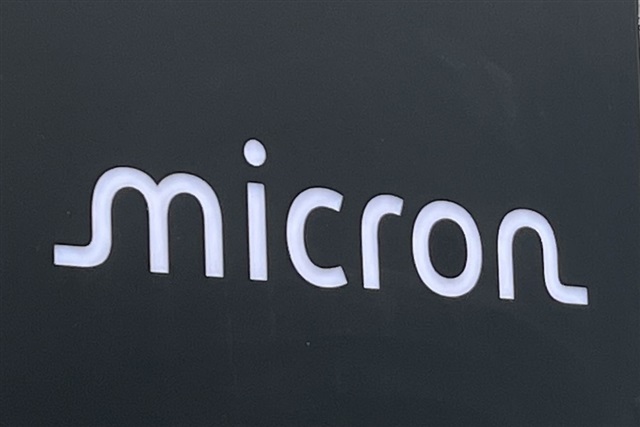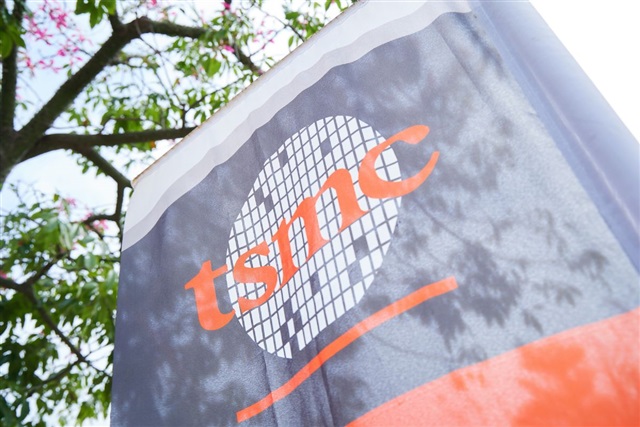The proposed IPEF Supply Chain Agreement would make our supply chains more resilient and competitive, and would establish a framework for lasting cooperation on issues like workforce development, supply chain monitoring, investment promotion, and crisis response.
Completing negotiations on the IPEF Supply Chain Agreement is a major achievement in support of the President’s Indo-Pacific Strategy and a win for consumers, workers, and businesses in the United States and throughout the region.
The IPEF partners will now take steps, including further domestic consultations and a comprehensive legal review, to prepare a final text for signature.
Today, the United States joined its IPEF partners – Australia, Brunei, Fiji, India, Indonesia, Japan, Republic of Korea, Malaysia, New Zealand, the Philippines, Singapore, Thailand, and Vietnam – in announcing the substantial conclusion of negotiations on a landmark IPEF Supply Chain Agreement.
The proposed IPEF Supply Chain Agreement seeks to ensure that American workers, consumers, and businesses benefit from resilient, reliable, and efficient supply chains. It would support the President’s effort to revitalize U.S. manufacturing, facilitating the steady supply of the materials, components, and inputs that U.S. companies rely on to compete effectively on the world stage.
The agreement would foster coordination to identify potential supply chain challenges before they become widespread disruptions. Moreover, through the Agreement, partners would work collaboratively to increase the resilience, efficiency, productivity, sustainability, transparency, diversification, security, fairness, and inclusivity of our supply chains.
The IPEF Supply Chain Agreement would create an IPEF Supply Chain Council to oversee the development of sector-specific action plans designed to build resilience and competitiveness in critical sectors, including by helping companies identify and address supply chain vulnerabilities before they become significant bottlenecks.
Through the proposed agreement, the IPEF partners would also create an IPEF Supply Chain Crisis Response Network that can serve as an emergency communications channel when one or more partners faces an acute supply chain crisis, facilitating more effective responses that can benefit American workers, businesses and consumers.
The proposed Agreement would also establish an innovative tripartite IPEF Labor Rights Advisory Board to help identify areas where labor rights concerns pose risks to the resilience and competitiveness of the partners’ supply chains. The proposed Agreement would also create a mechanism to cooperate with partners to address facility-specific allegations of labor rights inconsistencies.
The IPEF partners will now take steps, including further domestic consultations and a comprehensive legal review to prepare a final text for signature and then ratification, acceptance, or approval. However, the United States and its Partners will begin work immediately to realize the benefits of cooperation on supply chains, including through private sector engagement and the utilization of technical assistance and capacity building activities to increase investment in critical sectors, key goods, physical and digital infrastructure, transportation, and workforce projects.
“The proposed IPEF Supply Chain Agreement would be a win for American consumers, workers, and businesses. It shows that an innovative approach to economic policy that is focused on meeting the challenges of the 21st century in close coordination with partners can deliver meaningful results,” said Secretary of Commerce Gina Raimondo. “By having a network in place ahead of time, we can respond more effectively to supply chain challenges. That is what will make this agreement so unique and so important for the American people.”
In support the goals of the proposed Agreement:
As part of the Biden-Harris Administration’s Indo-Pacific Strategy, President Biden launched IPEF one year ago in Tokyo Japan. IPEF is a new platform for sustained economic cooperation with a group of like-minded countries that are aiming to address many of the unique challenges we have faced in recent years because of an increasingly global economy, rapidly changing technology, and an increase in competition. IPEF will help the United States and its partners shape the future of economic cooperation and trade in a region that is home to 40 percent of global gross domestic product (GDP) and a key source of inputs for American manufacturers – as well as a key export market for American-made goods.
President Biden has overseen a revitalization of the American manufacturing base. The Administration has made generational investments in new manufacturing capacity with a focus on industries of the future, with $400 billion of new private sector investment in major manufacturing projects in sectors like clean energy, semiconductor fabrication, and biotechnology, since President Biden took office. This has resulted in nearly 800,000 new manufacturing jobs and the most robust manufacturing growth since the 1950s.
Source: EMS Now
Abonnieren fuer regelmaessige Marktupdates.
Bleiben Sie auf dem neuesten Stand der Branchentrends, indem Sie unseren Newsletter abonnieren. Unser Newsletter ist Ihr Zugang zu erstklassiger Marktexpertise.

The US has initiated a Section 301 investigation into China's mature semiconductor processes and third-generation silicon carbide (SiC) semiconductors. Supply chain operators state that the increa

In 2025, we expect 9.5% growth in the global semiconductor market, driven by robust demand for data centre services, including AI. However, growth in other, more mature segments is expected to be stag

Taiwanese chip manufacturer TSMC has announced a $100 billion investment in the United States, aiming to build five additional semiconductor facilities.The plan was revealed by TSMC CEO C.C. Wei along

Prices of mature process memory, long hit by oversupply due to fast capacity expansion at Chinese makers, are expected to rebound, thanks to the Chinese government's consumption stimulus programs.

With the ongoing development of new-generation processors, the introduction of PCIe Gen5 specifications into high-end PC applications is set to commence in 2025. According to Micron Technology, Gen4 p

The global market is watching how TSMC, pressured by the US, might assist Intel's foundry operations, while Samsung Electronics and Rapidus, also facing challenges, may similarly require TSMC'